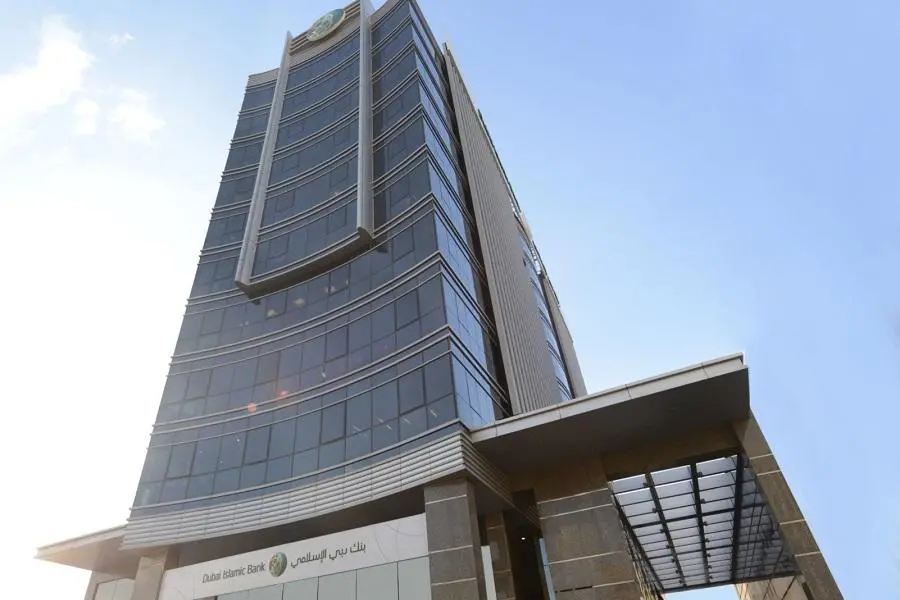PHOTO
Dubai Islamic Bank (DIB) announced on Tuesday that it is exploring the possible acquisition of Noor Bank as it released its first quarter (Q1) results.
DIB said in a statement to the exchange that its board of directors has resolved to allow the “bank to explore possible acquisition of Noor Bank and revert to the Board with findings within 3 weeks.”
Maria Elena Ponceca, a senior analyst at Al Ramz Capital, told Zawya by email that “DIB probably wants to further consolidate its domestic prominence by acquiring Noor Bank to increase market shares in loans and bank deposits by roughly 2 percent each”.
“It would make economic sense, especially if Noor will be acquired at an attractive discount and DIB takes advantage of the potential consolidation by further cleaning the books of both banks,” Ponceca added.
Noor Bank is the only remaining unlisted bank in the UAE following an agreement announced in January for a three-way tie-up between listed banks Abu Dhabi Commercial Bank (ADCB) and Union National Bank (UNB) with unlisted Islamic lender Al Hilal Bank. The three-way merger is expected to conclude within the first half of 2019. (Read more here).
Janany Vamadeva, equity analyst at Arqaam Capital told Zawya by email that it rates the possibility of a deal between DIB and Noor Bank as “high”, with a transaction likely to be concluded through a share swap.
“Our base case is 1 DIB share for 7.72 NOOR shares, (a) 40 percent discount to book on DIB CMP (current market price) but 17 percent on DIB FV (fair value),” Vamadeva added.
The bank’s shares closed 1.17 percent higher on Tuesday at 5.21 dirhams, and have gained 4.2 percent since the start of the year.
DIB had also announced a 35 fils per share cash dividend for 2018, compared to a cash dividend of 45 fils per share for 2017, translating into a 22.22 percent drop.
“Preserving cash by cutting 2018’s dividend payout also makes more sense now as DIB is studying a potential acquisition,” Al Ramz’s Ponceca said.
“A potential challenge, though, could be on the impact on its RWA (risk-weighted assets): it could increase considering the asset quality of Noor Bank. If the increase is significant – regulatory ratios could be impacted and hence (DIB) might need to raise further capital."
If this is the case, "most market participants will not like” this, Ponceca said.
Dubai’s sovereign investment group, Investment Corporation of Dubai (ICD), is a shareholder in both DIB and Noor Bank. ICD owns 28.37 percent of DIB and 22.85 percent of Noor Bank, although the total holdings in Noor Bank held by "the Government of Dubai, members of the Ruling Family of Dubai and a select group of Government of Dubai-nominated UAE nationals" stands at 88.3 per cent, according to the bank's website.
Concerning the impact on ICD, Ponceca expects the potential acquisition would “consolidate their holdings and in the longer run will likely be value return for them (ICD). In the short-term, if the M&A is pure cash – then that means (an) uplift to its current coffer(s).”
DIB reported a net profit of 1.34 billion United Arab Emirates dirhams ($364.81 million) for Q1 2019, compared to 1.17 billion dirhams in Q1 2018, a 14.53 percent increase.
Q1 2019 total income amounted to 3.41 billion dirhams, compared to 2.70 billion dirhams for Q1 2018, translating into a 26.3 percent increase.
Ponceca said the bank displayed a “quite healthy”earnings quality , mostly on the back of “double-digit core income growth" which increased despite higher operating expenses and provisions.
The bank’s operating expenses rose 1.55 percent to 599.24 million dirhams in Q1 2019, from 590.1 million dirhams in Q1 2018, while total provisions more than doubled to 346.84 million dirhams.
“NIM (net interest margin) also improved – so the bank must have benefitted from some re-pricing along with the upper single-digit growth in volume,” she concluded.
The bank’s net interest income amounted to 1.58 billion dirhams in Q1 2019, compared to 1.37 billion dirhams in Q1 2018, translating into a 15.33 percent increase.
(Reporting by Gerard Aoun; Editing by Michael Fahy)
Our Standards: The Thomson Reuters Trust Principles
Disclaimer: This article is provided for informational purposes only. The content does not provide tax, legal or investment advice or opinion regarding the suitability, value or profitability of any particular security, portfolio or investment strategy. Read our full disclaimer policy here.
© ZAWYA 2019





















